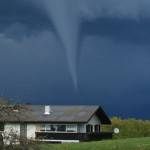Austria is located in the center of Europe and it is one of the most desired vacation destinations in all of Europe. It was the home of many composers Wolfgang Amadeus Mozart, Johann Strauss, and Joseph Haydn so you can tell easily that this country is culturally enriched.
Also, many personalities apart from the famous composers mentioned above were born here like the notorious WWII German dictator, Adolf Hitler.
The Austrian Alps are another main attraction for tourists, especially in the winter season. To be remembered, Innsbruck was the city that hosted the FIS World Cup many years in a row and many other winter sports events.
The capital of Austria is Vienna, a city that is as European as it gets. It's located in Eastern Austria and it's the 7th largest city in the European Union and hosts almost a third of Austria’s population.
Austria is also famous for its buzzing streets, delicious food, and prestigious shops with a touch of Italian motif. Some Italian designers often choose Austria as a place to show all their latest creations. Do not worry about the language barrier as almost all locals are English speakers. Although the German language is a little different in Austria, locals can also speak German very easily.
However, there are things you should consider regarding your safety when visiting Austria. Although it is a European country, there are many do's and don'ts that you should keep in mind from means of transportation to various safety bits of advice.
Highest Risks You Expose Yourself to When Visiting Austria
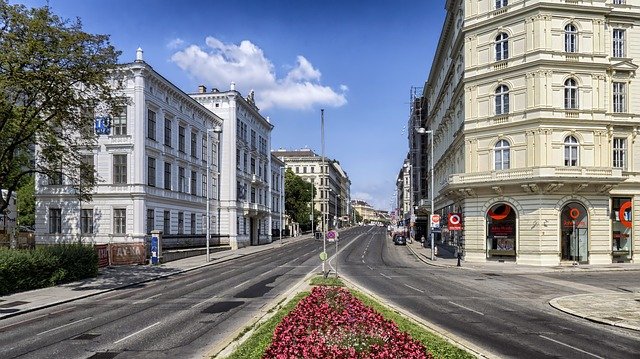
Overall Risks in Austria: MEDIUM
Being such an amazing country to visit, tourists flood in Vienna especially and they are sitting ducks for pickpockets and thieves. These acts are not violent in nature, but they could surely ruin your vacation.
The most frequent attacks are cyber-attacks that target bank accounts especially, so be careful what ATM you are using. Keeping a balance between your cash and your credit card is crucial, so using a secured ATM and keeping a low profile with your pile of cash upon you will ensure you a safe visit.
The Bureau of Diplomatic Security states that tourists are especially targeted by thieves in crowded places and public gatherings. So do your best to avoid these areas and keep your belongings close to you and as secure as possible.
Bag and wallet snatches often occur in not so crowded places, so staying late in the night on the streets may give you some nasty surprises. Always stay in the lighted areas of the street as a safety measure.
Also, the number of residential burglaries has decreased since 2016 and they were reported in suburban areas and often targeting non-Americans.
Pickpocketing and Theft Risks in Austria: MEDIUM
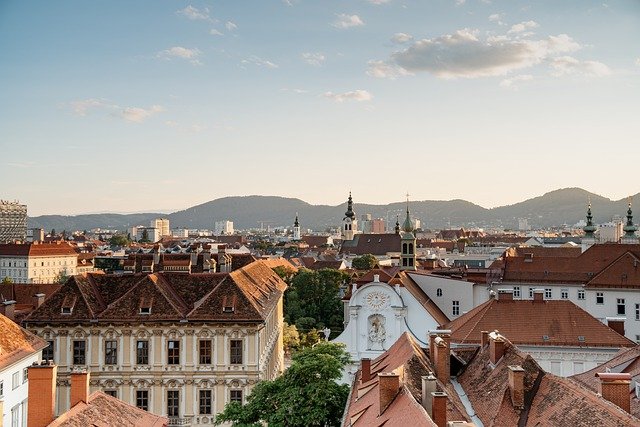
Not looking like a sitting duck is the right way to go. This means that any unnecessary goods and valuables must be left in the hotel room. Pickpockets and thieves usually target people which have easy access to their wallets, cell phone, and unattended purses and bags.
Another way that thieves work is by distracting you and often offering information to you when you’re not asking for it. While one keeps you busy, the other robs you and you won’t know it until it is too late.
Bag slashing is quite uncommon in trains throughout Austria, but they still happen. The perpetrator slashes your bag open and grabs all your valuables from it until the train starts.
Also, watch out for petitions and charity funds on the streets. This is common in Austria and in other countries also. These fake petitions often use your money and your personal data if you sign and it may end up with identity theft in the worst cases.
- How to avoid pickpocketing and theft in Austria?
Do not carry your passport around! Bag snatches are common and most people carry their passports in their bags, so leaving your documents at the hotel will ensure you that you can travel back home safely.
If you're not sure about leaving your most valuable belongings at the hotel, ask the hotel staff how you can secure your goods in a safe inside the hotel. They will gladly help as Austria is a strict law-abiding country and hotels are to be trusted.
Avoiding crowded streets and shopping malls is another thing you should consider and also, do not walk around with a huge amount of cash. These are hotspots for every pickpocket around and you can find yourself in a very awkward situation. Although CCTV cameras are very common around malls and shopping districts, keeping your belongings close to you and secure is the right way to go.
Scam Risk in Austria: MEDIUM
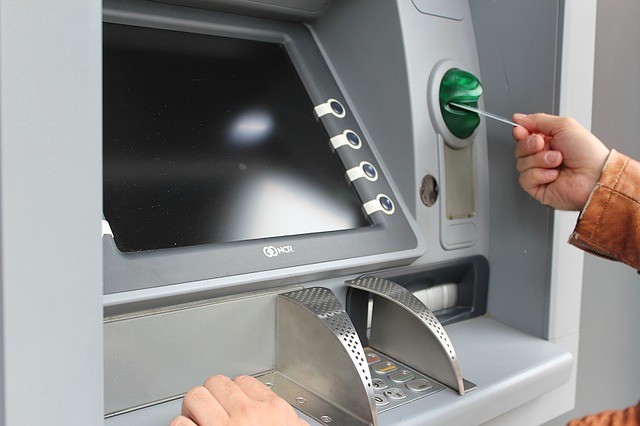
As per the above statement about knowing which ATM you should use, most scammers target people that get their credit card stuck and offer free assistance near the ATM. They often ask for your PIN number of the credit card to get the stuck credit card out.
As Austria is one of the most visited countries in the whole of Europe, some accommodation scams also occur. If you are trying to book a hotel room in advance, be sure to trust the website on which you are booking your room.
Some tourists arrive in Vienna or Innsbruck and find out that there was no room for them, although they have booked the room. As a safety precaution, ask for additional information when booking a room online or by phone and ensure that the hotel really exists before transferring the money.
Other scams may work as people recommend themselves as police officers and ask for your passport and then accuse you of a minor crime although you didn’t do anything. In exchange for your passport, they will ask you to pay a fee.
- How to avoid getting scammed in Austria?
You don't have to do much in order to avoid getting scammed while in Austria - first of all, it is recommended that you withdraw money from within the bank rather than using an ATM that may be rigged or such.
Then, when it comes to fake police officers, it is advised that you calmly ask them to identify themselves or to have the issues in question solved at a police station rather than on the street.
It's really not that hard to avoid scams - just keep an eye on your surroundings and make sure to double-check almost everything you come across.
Kidnapping Risk in Austria: LOW
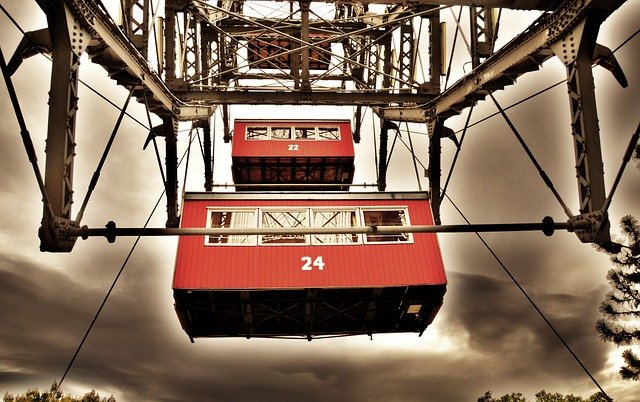
No kidnapping was reported in Austria in 2018 according to The Bureau of Diplomatic Security. Staying on the lighted roads at night and not walking alone in suburban areas is a must in every country you visit.
- How to avoid getting kidnapped in Austria?
As no risk should be fully taken out of consideration, you should always be prepared, just in case. Therefore, in order to avoid getting kidnapped, you should avoid walking alone through remote areas, the outskirts of the city, or through bad-reputed neighborhoods. If you are going on a road trip, it is recommended that you are not alone.
However, given the fact that the kidnapping risk is low in Austria, you should only take the basic safety measures - meaning that you can still enjoy your trip, without having to be overcautious.
Terrorism Risk: LOW
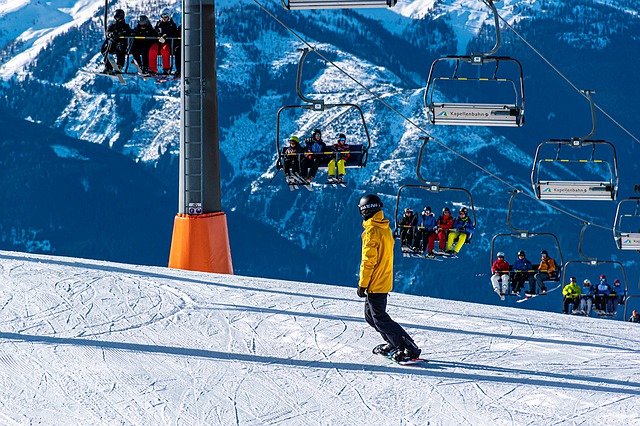
Although the country is located in the center of Europe and the current immigrant crisis is taking its toll, Austria has been spared. Police are doing random checks upon the immigrants that call Austria their home. Also, the police force arrested in 2014 some people of Syrian origin that were thought to be affiliated with the ISIS movement.
Extremist and terrorist acts are not to be taken seriously as the authorities are serious in this matter. Recently, a 17-year-old Austrian that turned to Islam was arrested after he threatened to plan a terrorist act. If any such activities are seen, you must report them immediately to the police, as the response is swift regarding terrorist threats.
Austria has its Schengen space and the borders are opened, so terrorists can travel easily from country to country. This is a minus point for Austria, but however, the authorities do random checkups at all border crossings to ensure that no terrorist activity is witnessed in the bigger cities.
Some sources state also that ISIS is being funded by Austrian residents and the reports are declining rapidly, according to some military sources.
- How to avoid terrorism in Austria?
As we all know, most terrorist groups usually plan attacks on places of prayer, official buildings/ institutions, and areas that tend to be crowded during the day - in this respect, you should either avoid visiting such areas or limit the time you spend in them.
In case of a terrorist attack, it is best if you remain calm and get yourself out of the area - after that, contact the authorities and tell them exactly what happened.
Risks for Women Traveling Alone in Austria: LOW

According to female travelers, Austria has been voted one of the safest countries to visit by solo woman travelers as kidnapping and rape risk is low in all the cities. Although random catcalling happens, it does not escalate in a form of sexual harassment of any form.
- How to avoid crime as a solo woman traveler?
As mentioned, you might experience random catcalling and minor harassment - in such situations, it is recommended that you do not respond back, keep calm, and just ignore the situation. After all, you do not want, as a traveler/ foreigner, to get the locals angry.
You should also be cautious when visiting remote areas or bad-reputed neighborhoods. It is advised that you stay within the areas that are recommended for tourists.
Rape Risk: LOW
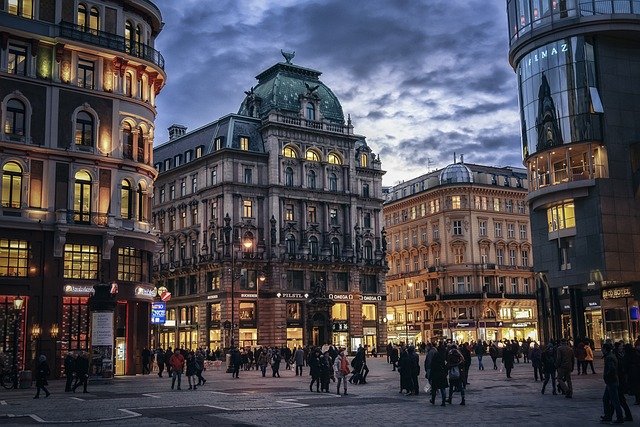
Rape risk is low as there were no rapes reported in Austria in 2018.
- How to avoid getting raped in Austria?
As always, you should still be prepared for the worst in order to avoid it - in this respect, if you want to avoid any unpleasant scenarios, we recommend you approach a decent dress code. Naturally, roaming around alone through remote areas is not recommended - also, avoid poorly lit places and facilities that do not seem too welcome in terms of nightclubs, pubs, and bars.
Risks for People Traveling with Children: LOW
For families that travel together, take some safety precautions when walking into crowds and public spaces and keep an eye on your children at all times. Austria is a friendly environment for children as malls and shopping districts have special children's playgrounds.
Also, if you’re thinking of renting a car, be sure to specify that you have a small child and you want the car to be equipped with a child seat on the backseats.
When booking a hotel room, be sure to inform the staff that you have a child and some substantial discounts could be applied for children under 12-years-old. Discounts are also available for children under 15-years-old in public transportation and those under 6-years old can travel free using the tram or the trolleybuses.
- How to avoid unwanted scenarios?
Keep in mind that Austria is quite popular among tourists and travelers and, thus, you might encounter large crowds of tourists and such, especially if you visit areas of interest. In such cases, it is strongly advised that you keep an eye on your children and don't leave them unattended.
Even though the risks of something serious happening to them are low, you really don't want to be spending an hour or so looking for them in a city center filled with tourists and locals. They might not get in danger, but you will surely have a hard time finding them.
Natural Disaster Risk: MEDIUM
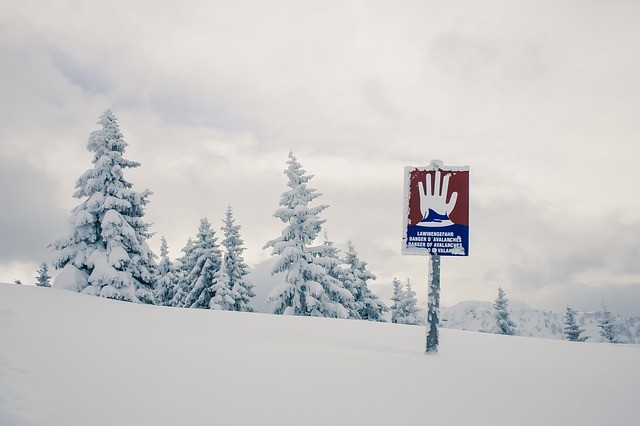
If you are traveling into the mountainous area of Austria, be prepared for severe weather. It can change in a heartbeat and may cause traffic jams and delays along the way.
When staying in the Alps, be sure to be well informed about the threats of avalanches. Avalanches are a serious threat when skiing and practicing winter sports. Your ski instructor will train you accordingly so you can handle such situations.
Venturing off-limits of the ski track could result in triggering an avalanche. Also, inexperienced hikers often trigger avalanches by stepping on wet snow.
Transportation Risks in Austria: LOW
When arriving in Austria, whether it's a winter vacation or just visiting the capital, you should always check how you can get from one point to another. If you land in Innsbruck for the winter holidays, use the Innsbruck airport transfer service.
Austria has one of the most complex transportation systems in Europe and you can travel anywhere using them. Public transportation has high standards and you should always buy a ticket unless you want to get finned by the transportation officers. Fines could go as high as 100 euros and must be paid on the spot.
If you are thinking of renting a car for your stay to travel all the country in a car rather than a train or bus, be sure to abide by the driving rules. Be careful on the Autobahn as the minimum speed is 80 mph and stopping for any reason is forbidden.
However, some Autobahn stretches have emergency lanes that can be used for a short period in the care of car damage or health issues.
When passing through the mountainous area of Austria be prepared and well informed of the weather conditions because they may change from sunny skies to vicious blizzards in a heartbeat. Also, carrying show chains in your trunk is a must.
Night-Clubs, Pubs, and Bar Risks in Austria: LOW
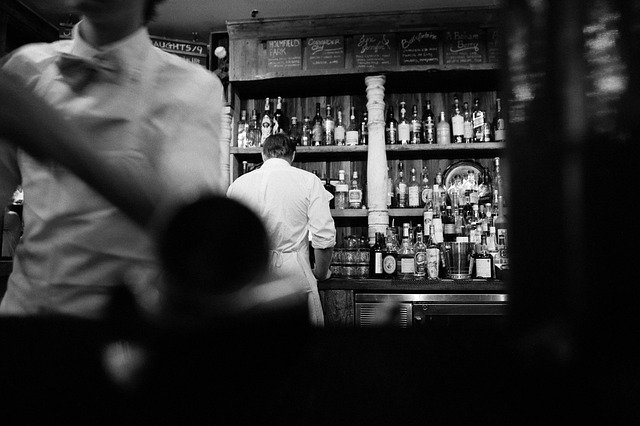
There have been no reports of incidents involving drink spiking, harassment, sexual assault, or such inside nightclubs, pubs, and bars in Austria. Obviously, you might encounter the usual pub brawl or drunkard that had one too many drinks and is now looking for some conflict but, other than that, there are no other serious incidents you should be worried about.
If you plan on having a long night, so to say, inside one of the mentioned facilities, it is recommended that you have someone know exactly where you are. Moreover, when going back home/ to your accommodation, you should always take a taxi - the night is dark and can be full of terrors, as they say.
Use the services of a reputed taxi company in order to avoid any possible issues with unlicensed taxis, rude drivers, or drivers that try to take advantage of the fact that you are slightly inebriated and scam you.
Health Risks in Austria: LOW
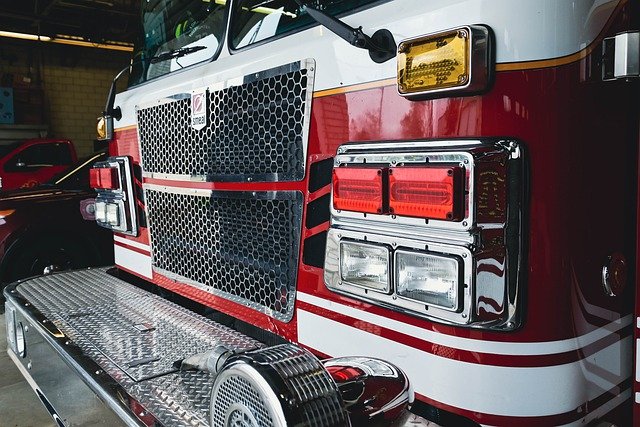
Unlike other countries outside Europe, Austria has a quick response to emergencies and can be treated easily and on the spot. There are some health measures that need to be carried out before you enter Austria. Some food restaurants are not sanitized properly and bowel sickness could occur. If this happens, address the local Consumers Association and report the restaurant.
Always properly check the online environment for restaurants that have been rated and watch out for street food.
List of Vaccines You Need in Austria
According to the CDC, there are a number of vaccines that you’ll need to do before visiting Austria:
- Flu shot
- Measles-mumps-rubella (MMR) vaccine
- Hepatitis A and B
- Rabies
Most Dangerous Areas in Austria
Back in 2016, Austria had a crime/ homicide rate of 0.54 cases per 100,000 population, making it the country with one of the lowest rates in the world. Moreover, there are more than a few tourists and locals as well claiming that there are no fatal areas in either Austria or Vienna. The only problem they mentioned Austria has is regarding pickpockets.
Concluding Remarks: Is Austria Safe to Visit?
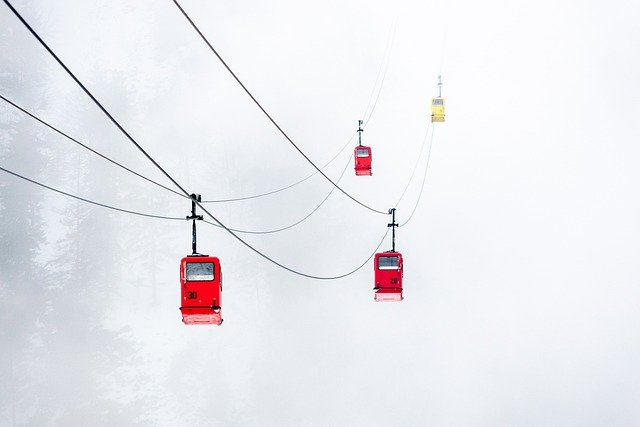
As stated by The Bureau of Diplomatic Security, Austria is a safe place to visit while being on the lookout for pickpockets and thieves at the same time. Scams are also very common in Vienna and they are not violent in nature, but can cause some discomfort and will ruin your vacation for sure.
Always keep your belongings close to you and secure all the time in your hotel room. Be sure to ask the hotel staff how you can keep your valuables safe without being forced to carry them when going out or leaving them unattended in the hotel room. Many hotels have safes that can be used to store valuable objects.
The terrorist threat is also low as Austria has been spared in this matter and the officials are fighting actively against terrorist acts and not only. Police response is swift and people are very warm and welcoming.
Traveling in the country is very easy as well, especially if you have rented a car. Transportation is state of the art in Austria and the highways are also very well maintained.



